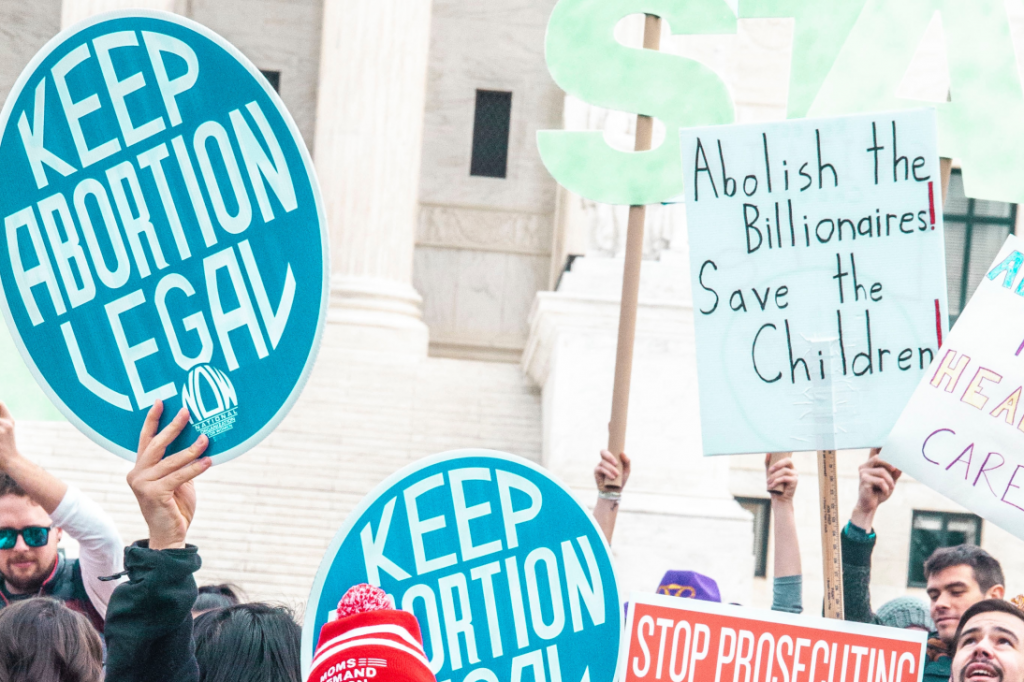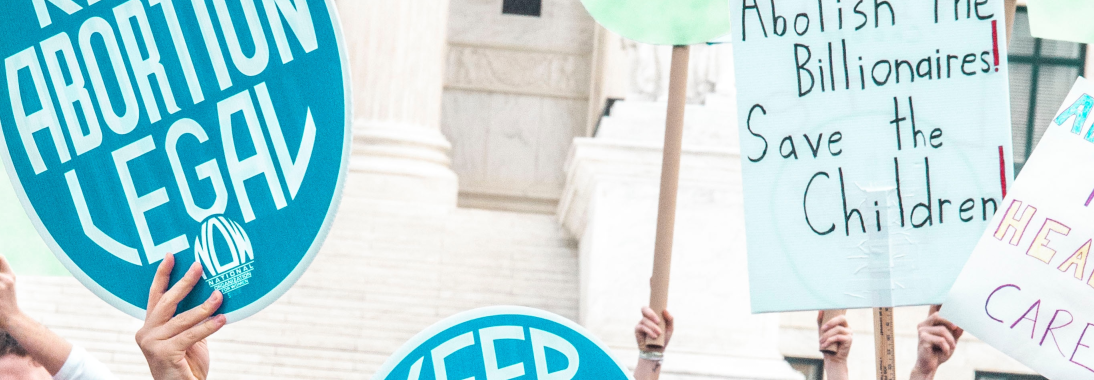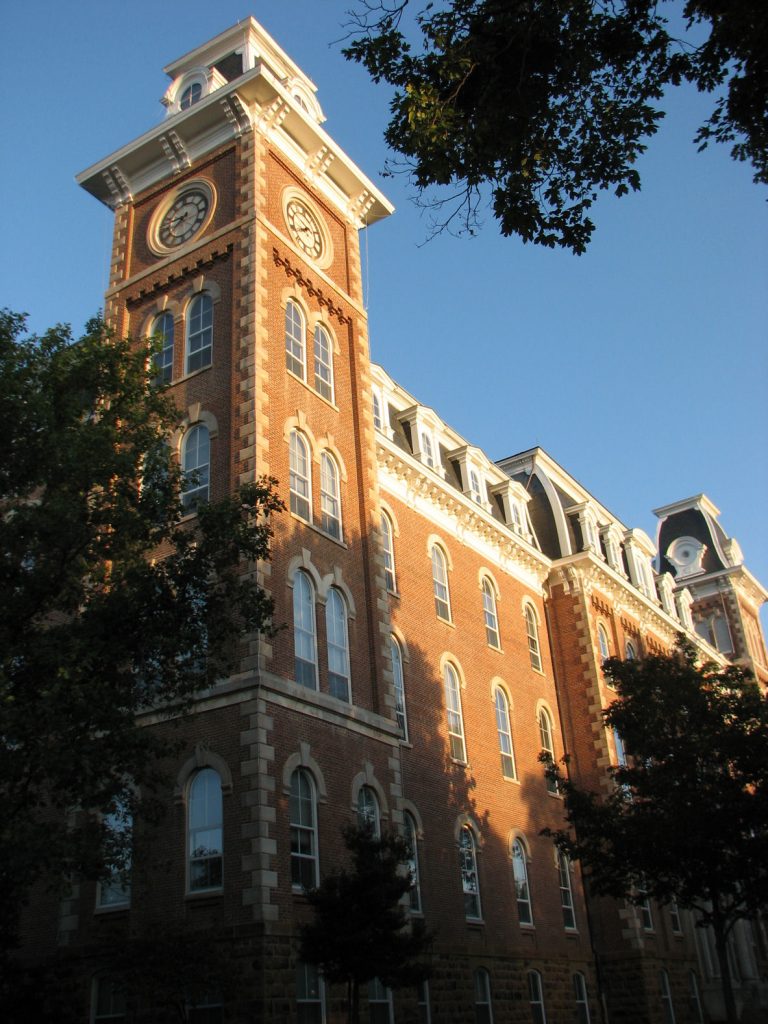Pro-Abortion Groups Drop “Rare” From Their Talking Points

In years past, pro-abortion groups said abortion ought to be “safe, legal, and rare.”
Today, however, abortion’s supporters seem to be leaving that last word — rare — out of their talking points.
Last week Planned Parenthood Great Plains Votes Arkansas tweeted, “The vast majority of Americans believe that abortion should remain safe and legal, and we’re doing everything we can to keep it that way.”
The vast majority of Americans believe that abortion should remain safe and legal, and we’re doing everything we can to keep it that way. #SOTU
— Planned Parenthood Votes AR (@PPGreatPlainsAR) February 5, 2020
There are a few problems with Planned Parenthood’s message — like the fact that most Americans actually believe abortion ought to be either completely illegal or legal only in certain circumstances, and the fact that many of those who do believe abortion should be available to some extent also believe abortion should be illegal after the first trimester of pregnancy.
All of that aside, it’s telling that Planned Parenthood doesn’t say abortion ought to be rare.
The same is true of the Arkansas Coalition for Reproductive Justice.
The group recently hosted a pro-abortion rally on the steps of the Capitol Building in Little Rock.
On the anniversary of Roe v. Wade, ACRJ posted a statement saying, “Today we celebrate our legal right to abortion and recommit ourselves to fighting to keep abortion safe, legal and accessible.”
Here are a couple of points to consider:
First, abortion is never safe. It certainly isn’t safe for the unborn baby who is killed, but it also isn’t safe for the woman on whom the abortion is performed.
Abortion carries a number of risks and consequences. We are reminded of that fact every time an ambulance is dispatched to Arkansas’ abortion facilities.
That’s one reason why Arkansas has one of the strongest informed-consent laws for abortion in America.
Informed-consent laws ensure women receive all the facts about abortion and about the alternatives that exist to abortion.
Second, there’s nothing to celebrate when it comes to abortion. In the past even those who supported abortion argued it still ought to remain rare. Today that isn’t the case. Celebrating and trivializing abortion the way some groups do would have been unheard of even a decade ago.




